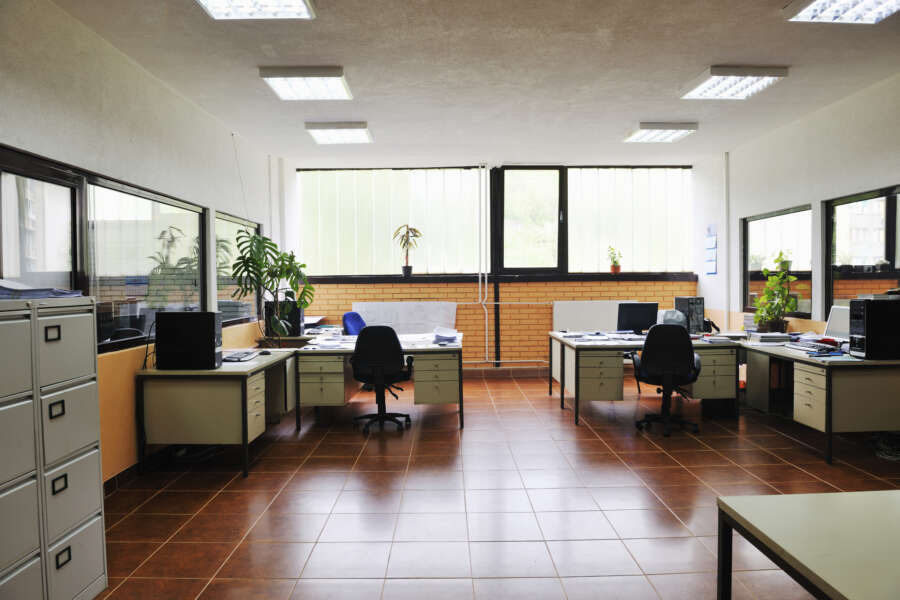By Tim Burgess, Head of Uber for Business, UK

According to one report, 85% of the UK’s C-Suite and 71% of employees now support better hybrid working, suggesting the trend will be long lasting. Creating meaningful, hybrid experiences which support employees throughout the day – from the commute to journey home – will therefore be crucial in keeping them motivated and productive.
A challenging return to work
With so much change having occurred because of the pandemic, it’s easy to forget that most office based workers have now been working from home for over a year and a half. The majority have had little contact with colleagues outside of chat applications and video, while many have lost the benefits of being part of a close-knit business community.
While better flexibility in our working day should be encouraged, the isolation of complete home working has led to many employees reconsidering the benefits of working with their current employer. Many have felt that their organisation has failed to value them as an individual while working offsite, and have begun to ponder whether it’s time to try something new. The situation has become so widespread that recent figures have revealed nearly half (41%) of employees could move jobs post COVID-19 if their situation does not improve.
The question for employers is therefore how do you retain talent in these challenging circumstances as we head back into an office environment?
Revamping the commute
One place employers can look to improve on is the commute. While it’s unlikely we’ll be heading into the office five days a week anymore, getting to and from work will soon once again become the norm for thousands of individuals across the country.
Don't miss out on any breaking news or insightful opinions!
Subscribe to our free newsletter and stay updated on the go!
By submitting this form, you are consenting to receive marketing emails from: Global Banking & Finance Review. You can revoke your consent to receive emails at any time by using the SafeUnsubscribe® link, found at the bottom of every email.
In the current environment some of the main concerns businesses must solve are avoiding the risk of overcrowding when entering buildings, dealing with parking shortages, adhering to social distancing and ensuring priority access to those that need it most.
Many organisations are exploring a commuting programme that ensures individuals are able to get to and from the office in a way which is safer than before, while also being cleaner and greener. For example, cycling and electric taxis, and also new solutions such as boat taxis for City of London workers. These innovations are all part of reimagining what door-to-door means in a post-pandemic world, and allowing employees to choose from an array of means of transport.
Food for thought
If HR teams have learnt one thing from the pandemic, it’s the value of their employees and the importance of keeping them happy and motivated. Incentives in the form of food have always been a well received reward with employees, through free breakfasts, treats, coffee, pizzas and more. Our own research has shown that 63% of workers believe food provided by their employers keeps them happy and satisfied.
But as we head towards a more hybrid working environment, organisations must make sure the gifts they are giving can work for employees in the office, as well as those that are working remotely, while retaining that personalised touch. This could be in the form of team lunches, office deliveries or voucher distributions to those working remotely.
Personalising the experiences
If employees want one thing post-pandemic, it’s to be treated individually while still being able to enjoy the benefits of that wider business community feeling. Some organisations pre-pandemic got away with being able to offer sub-par experiences to their workforce, but with many employees now having itchy feet this is no longer an option if they are to retain top talent.
From the number of days employees work in the office, to the commuting services available, businesses must make sure they have processes in place to tailor the way they engage with each and every employee. To complement this personalisation they must also look to invest in the right rewards programmes to show employees they are very much valued and an integral component of the wider business.





